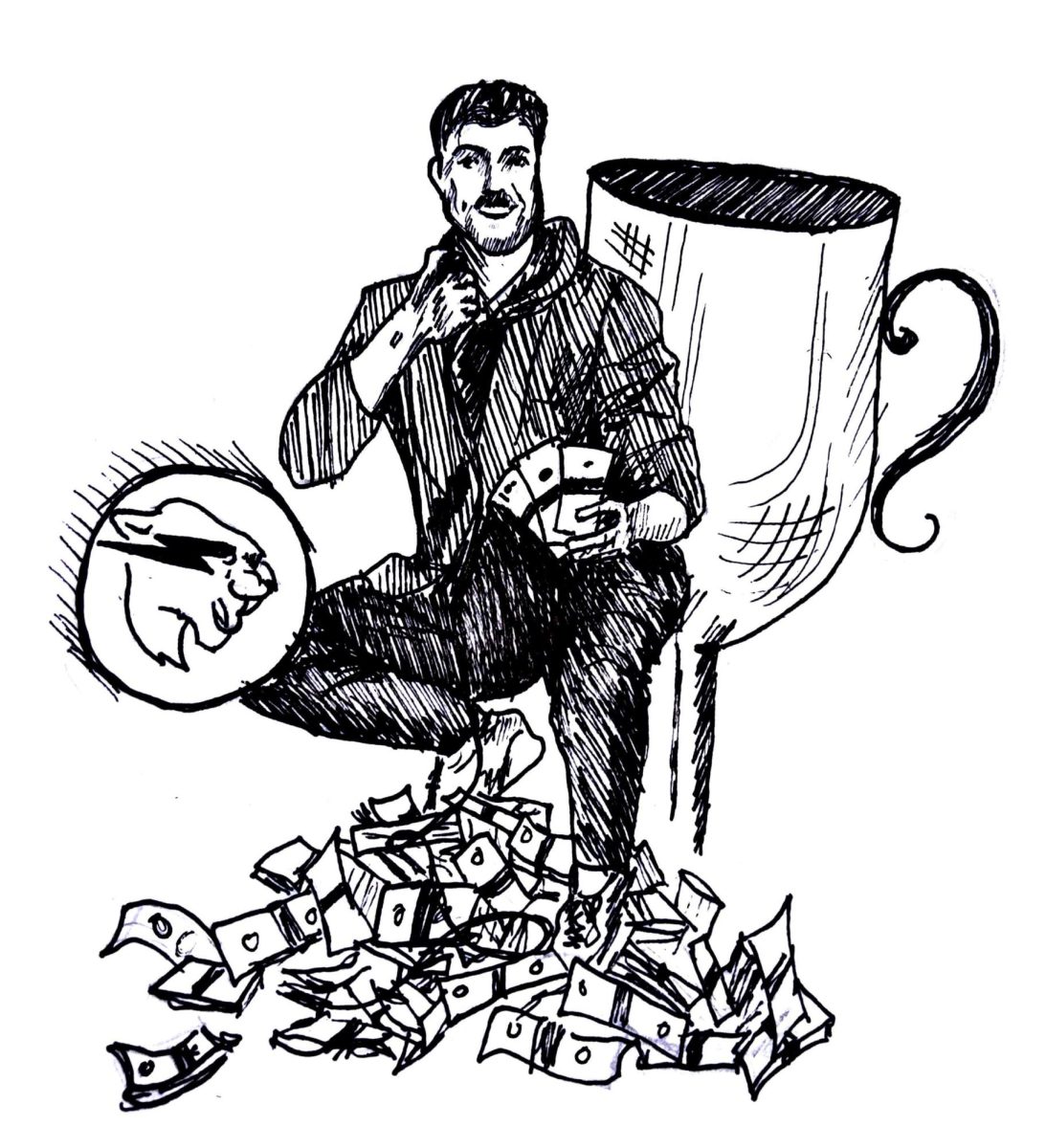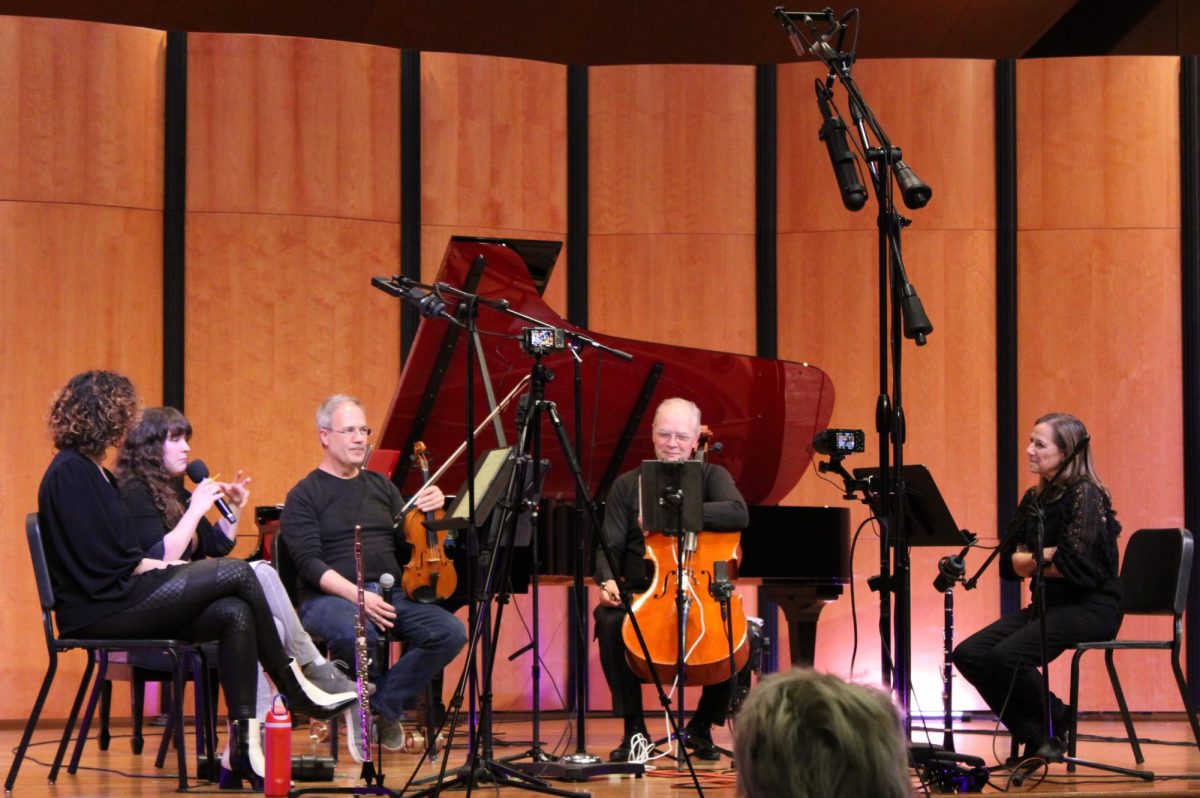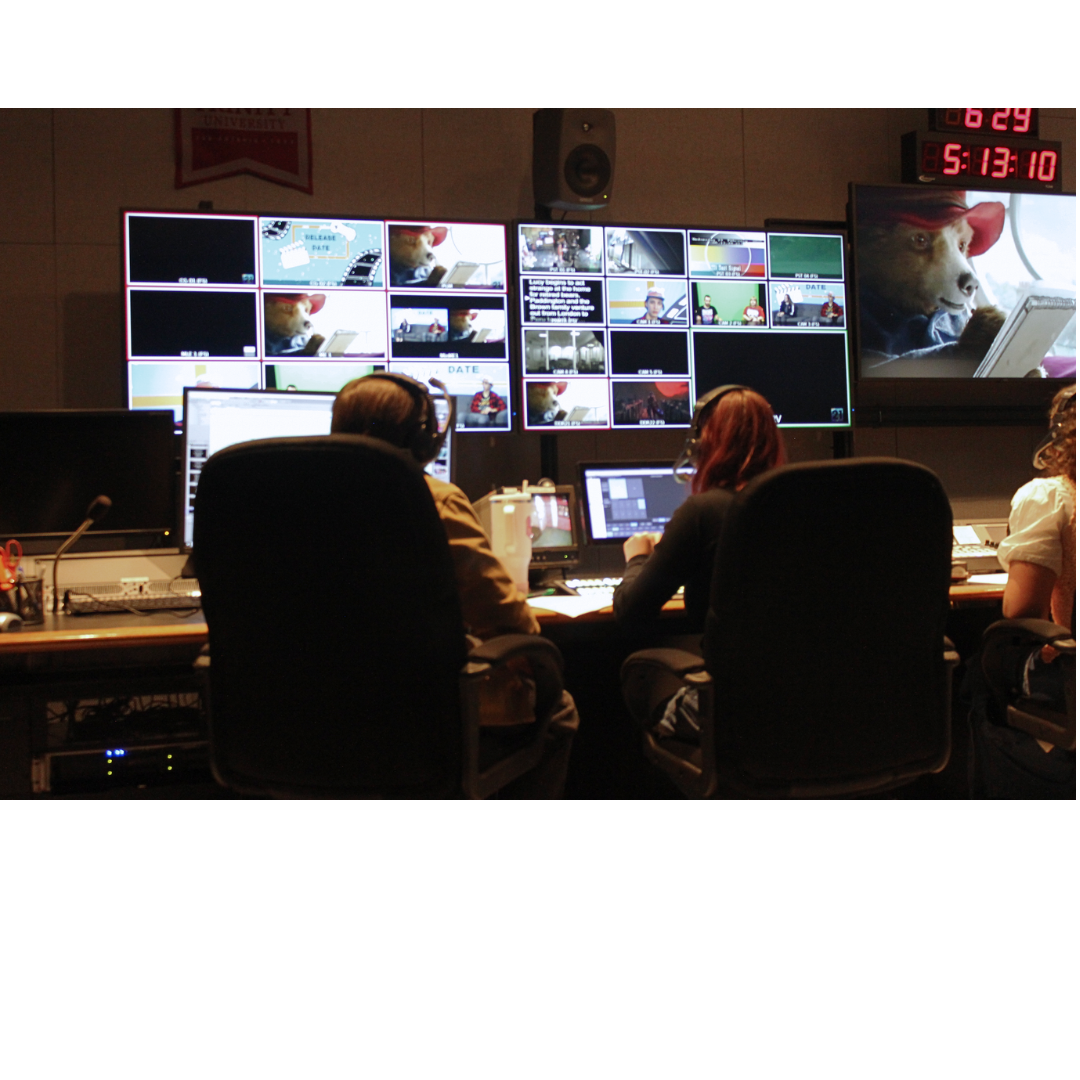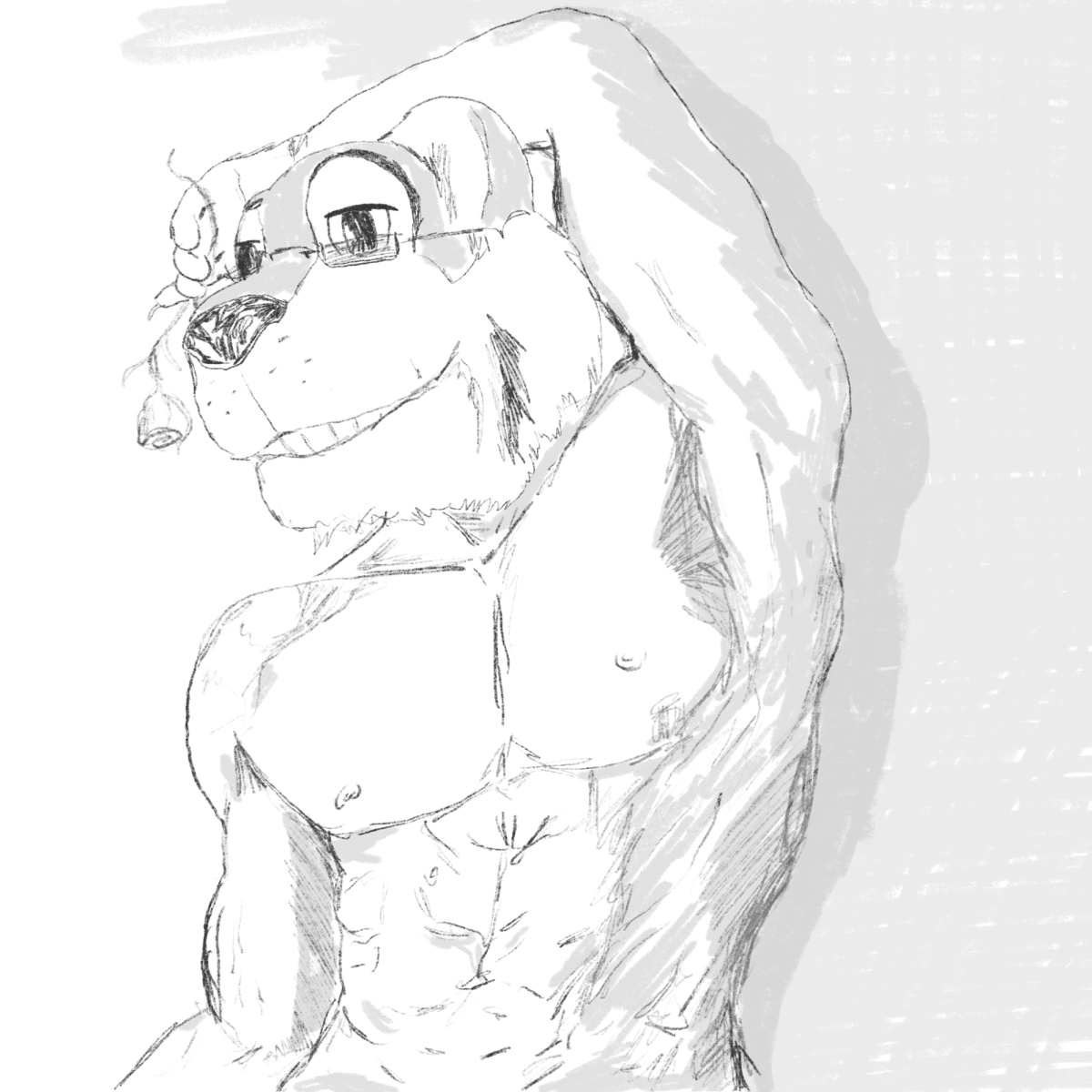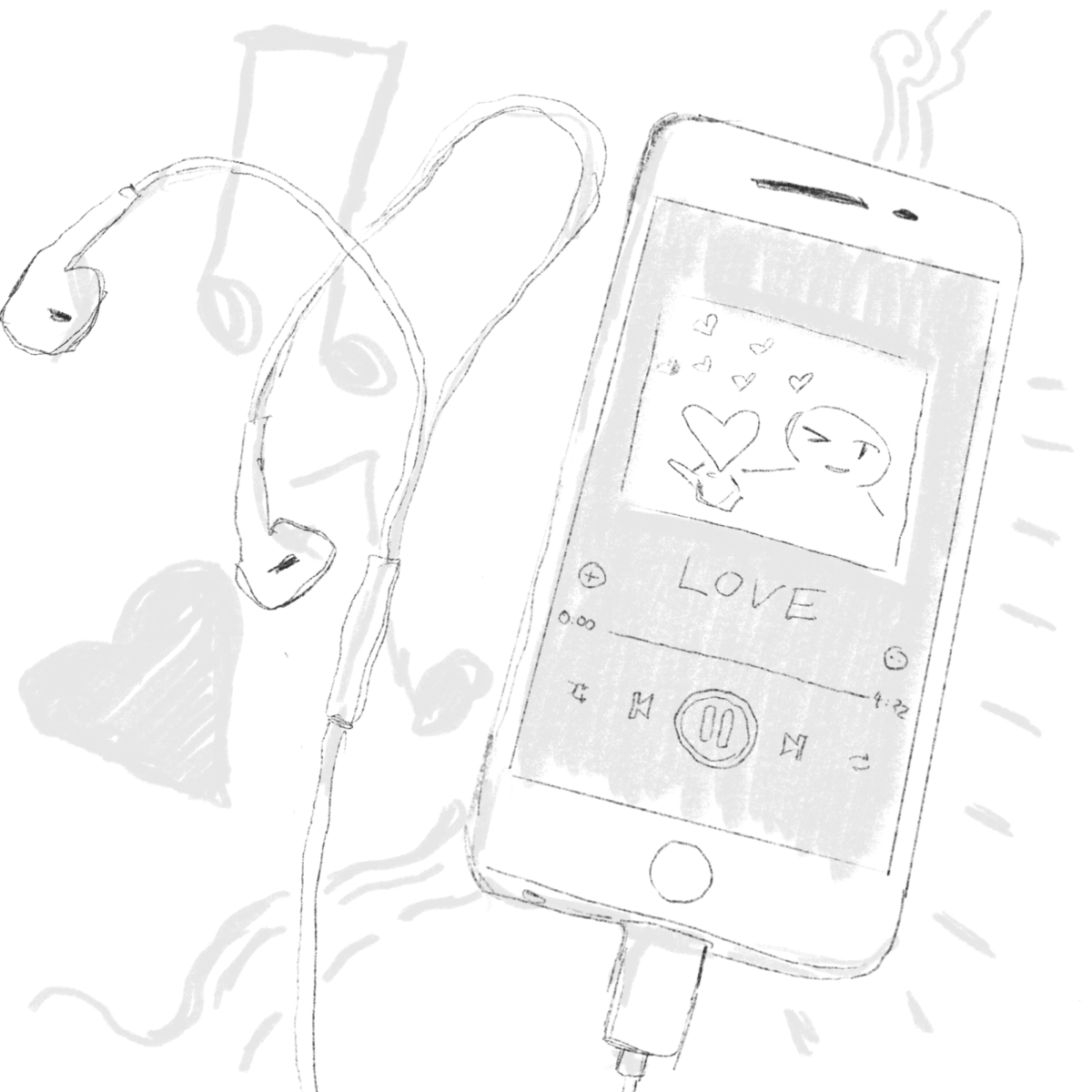Like many Americans I was heartbroken about this year’s presidential election. I was worried as a woman, a member of the LGBTQ community and simply as a general supporter of human decency. I worried about the message we were sending to minority groups in the United States and I worried about the message we were sending the rest of the world. I worried about losing all of the progress we had made as a country in ensuring that every voice was heard. While I understand that as a white woman who can afford to go to a private university, I am extremely privileged and have significantly less to fear from the new president. Nevertheless, I still worried.
As the inauguration quickly approached, I went into full-panic mode thinking about what I could do to, not only ease my anxiety about the future, but also to lessen the suffering of those around me. I started thinking about possible careers that would put me in the best position to mitigate the effects of our president-elect. It started to get to the point that I would be kept up at night with horrific visions of the future.
To make matters worse, over winter break the world lost the tremendous Carrie Fisher. However, out of the tragedy came a reminder of her quote: “Take your broken heart and turn it into art.” As someone who had turned to art in troubling times before, the quote resonated with me. It helped me realize that I had an immediate solution to a problem that felt like it would take years to fix.
It wasn’t until I made the decision to attend the Women’s March in San Antonio that I actually applied the quote to my life. I turned to art to express my frustration in the way my state and country treated me and others by making a sign to carry as I walked through the streets of San Antonio.
I took paint to poster board. In doing so, I was able to find some cautious optimism that perhaps we as a country will make it through things.
It wasn’t until I made it to the protest that I saw the true power behind Fisher’s words. Hundreds upon hundreds of people turned to art to express their anger, their fear and most importantly, their resilience. And it wasn’t just in San Antonio. In all 50 states and in all seven continents people took to the streets for women’s rights, for human rights and to leave a historical record that it is when things seem the darkest that the greatest good comes forth.
Women and men of all races, nationalities, genders, classes, religions and ages came together to use their collective voice to remind us all to take our broken hearts and turn them into art.



